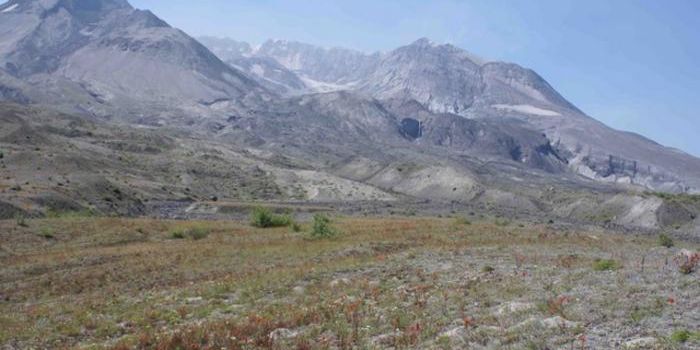Will Trump ban elephant trophy hunting imports?
This past week stirred up a lot of controversy in the world of conservation. After the Trump administration announced that it would be lifting a ban (put in place by the Obama administration) that prohibits the import of elephant remains from trophy hunting in Zimbabwe and Zambia into the US, conservationists and animal-rights groups went wild.
While the motive behind the move is unclear, it was short-lived, because soon after, on Friday, President Trump announced that he was suspending the decision. His exact words were, as posted on Twitter: “Put big game trophy decision on hold until such time as I review all conservation facts.”
He later added over the weekend: “Big-game trophy decision will be announced next week but will be very hard pressed to change my mind that this horror show in any way helps conservation of Elephants or any other animal.” Trump’s reference to “any other animal” has some wondering whether he is also reconsidering last month’s separate lifting of import bans on lion trophies.
The president’s comment on “helping conservation” refers to the long-standing belief held by some that trophy hunting boosts conservation efforts by bringing in resources from big foreign money that can be used to combat land degradation and poaching. Indeed, this was how the US Fish and Wildlife Service justified lifting the ban; arguing that trophy hunting can “generate funds to be used for protecting wildlife habitat, monitoring populations, wildlife management programs and law enforcement efforts”. The agency also says that trophy hunting fees give incentives for the local communities to protect wildlife and their habitats.
Following the 2016 Great Elephant Census(GEC), Zimbabwe accounts for the second highest elephant population while Zambia came in at number five. Combined, both countries have more than 100,000 elephants. That’s a lot considering that the total elephant population is only slightly over 350,000. Quartz reports that between 2007 and 2014, the elephant population supposedly fell by 30%.
Sources: The Washington Post, MSNBC, Mongabay, Quartz









